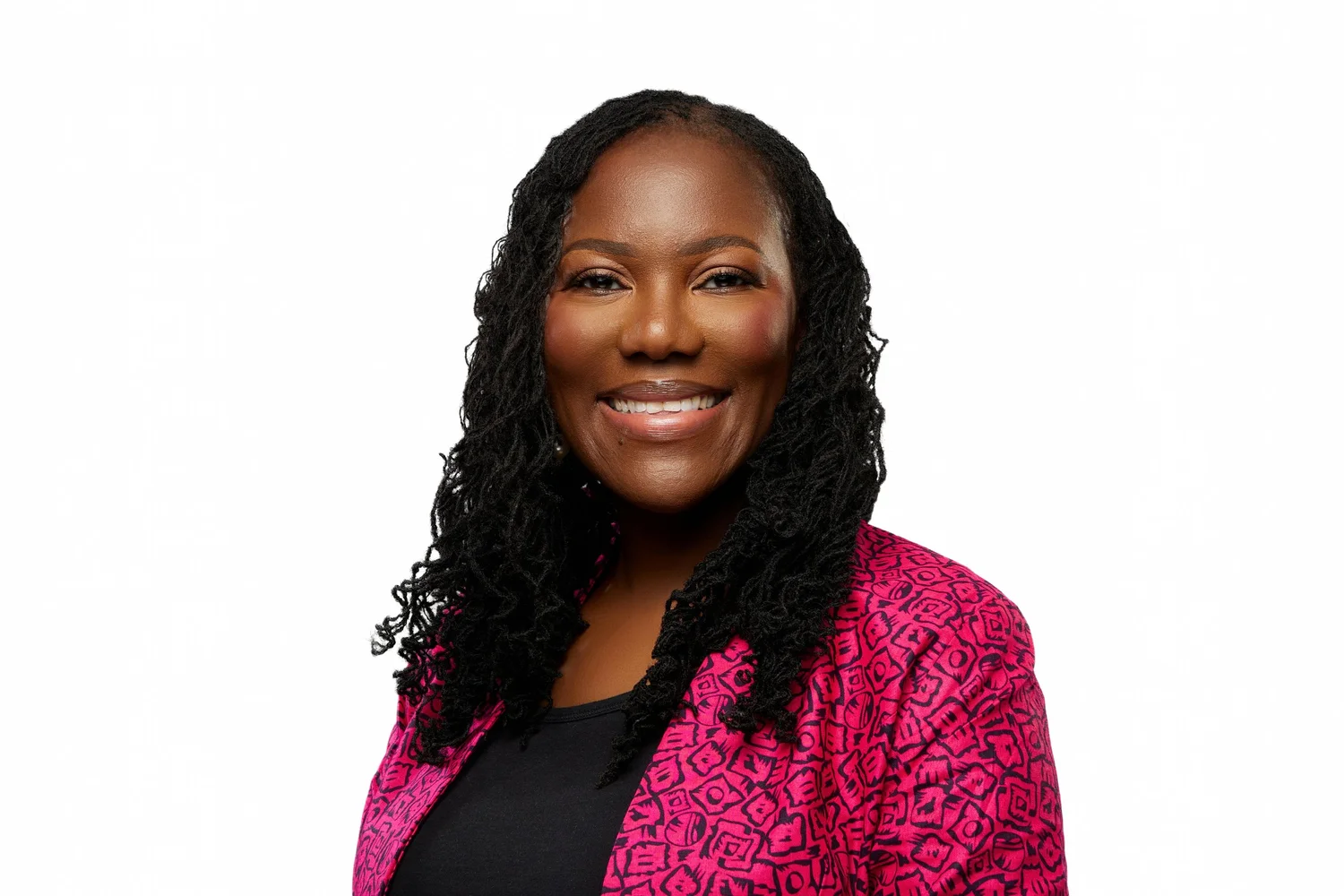Mississippi Governor Phil Bryant declared April 2016 as Confederate Heritage Month and set aside April 25, 2016 to honor those who served in the Confederacy. In the last full year of the first African American president’s administration, when Mississippi still lags behind in public education and health, the state’s top executive chose to pay homage to those who fought to keep African Americans in bondage. What a tragedy and misuse of executive power.
According to the 1860 U.S. Census, Mississippi had a slave population of 436,696 and a free population of 354,700. It was one of only two states with a black majority…a majority who could not vote, who could not go to school, who could not legally marry, and whose freedom did not exist. Governor Bryant chose to honor those who supported such a dismal way of life for the state’s antebellum majority population. Even in 2016, there are those who suggest that the Civil War was not about slavery. If that is true, then someone should have informed the secessionists. Mississippi Confederates made their desire to preserve slavery abundantly clear in their “declaration of the immediate causes which induce and justify the secession of the state of Mississippi from the federal union.” These lawmakers asserted:
our position is thoroughly identified with the institution of slavery--the greatest material interest of the world. Its labor supplies the product which constitutes by far the largest and most important portions of the commerce of the earth. These products are peculiar to the climate verging on the tropical regions, and by an imperious law of nature, none but the black race can bear exposure to the tropical sun. These products have become necessities of the world, and a blow at slavery, is a blow at commerce and civilization. That blow has long been aimed at the institution, and was at the point of reaching its consummation. There was no choice left us but submission to the mandates of abolition, or a dissolution of the Union, whose principles had been subverted to work out our ruin.[1]
Mississippi’s Confederate Heritage Month is problematic not only because of the Confederacy’s inextricable relationship with slavery, but also, because there is no official recognition of Mississippians—black and white—who fought for the Union. Five hundred white residents from the state and more than 17,000 black residents donned blues during the Civil War. Governor Bryant, what is good for the goose is good for the gander.
Black Mississippians have long realized that many of the state’s honored traditions and observances exclude them. In the mid-1960s, the Child Development Group of Mississippi (CDGM) Head Start program debated the best ways to deal with such exclusion. Working-class black Mississippians and their white and black allies created the program in 1965 and operated it until 1968. The program’s mission was to provide black children with quality early childhood education and to provide black parents with well-paying jobs and leadership opportunities. CDGM personnel debated substituting the anniversary of Nat Turner’s Rebellion or the anniversary of the assassination of Medgar Evers in place of President’s Day, Labor Day, or Veteran’s Day. The proposed substitutions speak to both the sense of black pride that ruminated throughout CDGM centers and CDGM’s supporters’ acknowledgement of African Americans’ racial exclusion in society. Perhaps it is time to send Governor Bryant a list of new individuals and events worthy of having commemorative months. Let’s revisit Nat Turner Day.
For more information about the untraditional Head Start program that worked to end African American exclusion, pick up a copy of A Chance for Change: Head Start and Mississippi’s Black Freedom Struggle.

